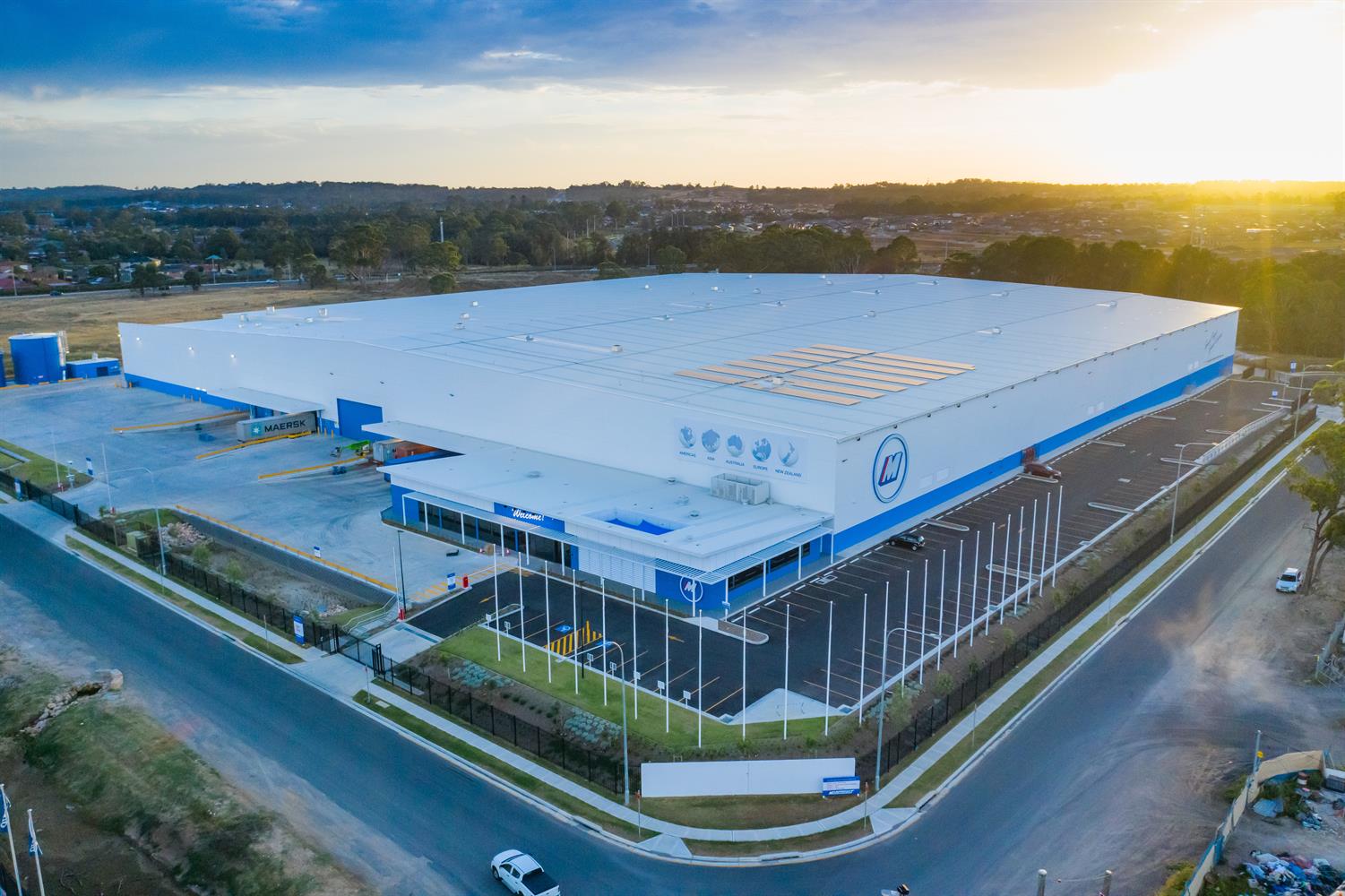
Charter Hall Direct, which manages four major unlisted property funds and a property securities fund currently open to retail, SMSF and high net worth investors plus an unlisted property fund exclusively for sophisticated investors or wholesale clients, has posted strong results for investors for the year ending June 30, 2021.
The four Charter Hall Direct funds, the Maxim Property Securities Fund and the Wholesale Property Series No.1 respective FY21 total returns are:
- Charter Hall Direct Long WALE Fund (LWF): 17.1% pa (10.4% pa since inception)
- Charter Hall Direct Office Fund (DOF): 16.3% pa (15.3% pa since inception)
- Charter Hall Direct Industrial Fund No.4 (DIF4): 15.7% pa (11.4% pa since inception)
- Charter Hall Direct PFA Fund (PFA): 12.1% pa (10.3% pa since inception)
- Charter Hall Maxim Property Securities Fund (Maxim): 36.9% pa (13.2% pa over 10 years. Note: Maxim is an unlisted fund that invests in Australian listed property securities)
- Charter Hall Wholesale Property Series No.1 (WPS1): 20.0% (17.6% pa since inception. Note: WPS1 is an unlisted fund only available to sophisticated investors or wholesale clients)
Each fund outperformed its index over the year, with the outperformance up to 11.7%.
Charter Hall Direct had an active year in term of acquisitions, with over $2 billion worth of properties added to the portfolio across the suite of four major unlisted property funds and total funds under management across the product suite rising to in excess of $8 billion as at 30 June 2021.
The occupancy of the properties acquired is 99.7% and the weighted average lease expiry (WALE) is 10.7 years.
Charter Hall Direct CEO, Steven Bennett, said, “Across the board, investors have demonstrated that they value certainty of cashflows and the capital appreciation achieved across their real estate portfolio, which has led to strong demand for long leased Australian commercial property, driving valuation growth and the strong overall returns.
“Globally, capital demand for quality industrial property has driven the strongest period of growth the industrial and logistics sector has experienced in recent years, with leasing and transaction volumes at record levels. Clearly the continued rise of e-commerce is a driving factor, with more businesses seeking highly efficient, ultra-modern and automated facilities.
“Despite the current lockdowns across the country, investment sentiment in the Australian office sector is improving, as evidenced by high quality, long WALE office assets trading at firm cap rates and elevated prices.
“In some ways the past year was a forced experiment which increased the acceptance of flexible working arrangements, while simultaneously raising awareness around the purpose of an office. It has highlighted the importance a central workplace has on knowledge sharing, information flow, innovation, productivity, risk management and collaboration.
“We believe the office market is likely to see more polarised demand between lower and higher quality office properties. We also expect that businesses will be seeking space that allows more square meterage per individual, reversing the trend of recent years where businesses have placed more employees into smaller spaces. The pandemic is expected to halt or even reverse this trend.
“According to a recently released JLL global benchmarking report, pressures to de-densify will likely occur as office design evolves to support productivity, wellbeing and experience alike, and as organisations allocate more square meterage to collaboration and amenities in order to attract and retain high-quality talent,,” said Mr Bennett.



